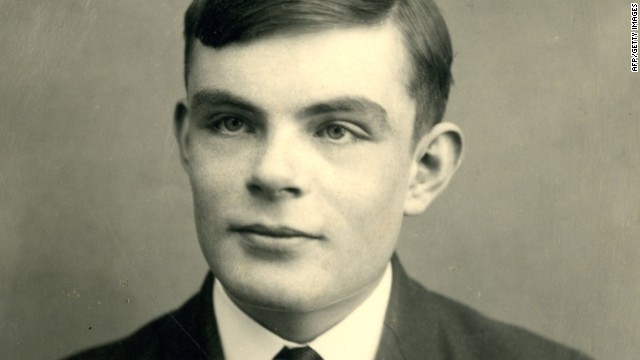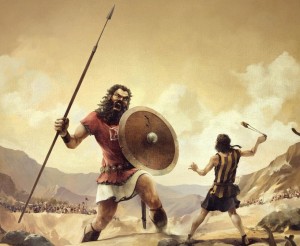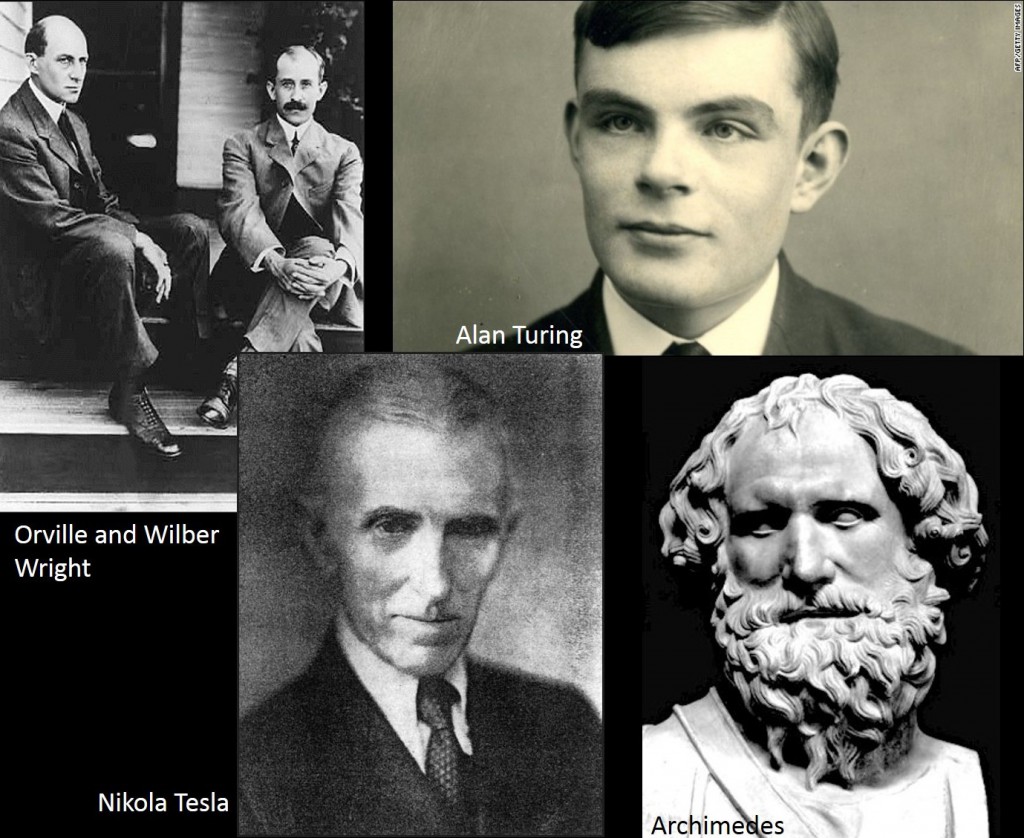As Arjuna looked through the corner of his eyes, he spotted Karna’s chariot ravaging through the battlefield. This was his chance to glory, all his life he had trained for this moment. Today, he will fight Karna, his arch-rival, the ultimate warrior, and a noble enemy. Stories will be written, and songs will be sung about his victory over Karna. And even if it does not go in his favor, the doors of heaven will be open! All the deities will welcome him as he died a noble death on the battlefield. As he approached Karna, a shower of arrows greeted him. He also started shooting arrows with exceptional speed and precision. All the great warriors and common foot-soldiers alike stopped fighting to watch this ultimate dual. Even the gods showed up to see this belle of death and glory. With tremendous skill, Karna would strike down all his arrows, as does he. But he is just a bit better than Karna. Amid this deadly dance, he saw an opportunity. He loaded his finest arrow, pulled the string of his might bow Gandiva to his ears–in this moment of excellence, he even forgot about the glory and the songs through the ages–and let the arrow go. It traveled like a beam of light, like a fish in the water, quick and nimble, it pierced through Karna’s shiny armor. Karna looked him in the eyes for the last time, not with enmity, but with friendly respect as he had beat him fair on the battlefield. He also gave a friendly nod, as Karna took his last breath. The soldiers cheered in a roar, and all the mighty warriors applauded, even the gods admired his skills. Ages will remember him for this moment!
And he woke up from his daydream. Karna’s chariot is in front of him, stuck in the mud. Karna is on the ground, desperately trying to get the wheel out of the mud. His clothes and his armor covered in filth. Sri Krishna, Arjuna’s Sarathi, tells him, “Shoot Arjuna! This is your chance.” “But he is unarmed,” his voice cracked. “This is not the time for pondering, Arjuna. Think about the thousands of Pandava soldiers he will kill. What if he kills one of your brothers? “. He took out an arrow, reluctantly and with shame. The arrow stuck Karna and open a large wound on his torso. Red blood started to flow, mixing with the dirt. Karna tried to stop the bleeding with his hands but in vain. The mighty Karna lay dead on the ground, covered in dirt, his eyes wide open with anger. But for Arjuna, it was he who was covered in filth. Filth and shame. He did not feel like a great warrior but a murderer.
He felt like running away, leaving the war behind, never to touch a bow again. But as he saw around, soldiers hacking each other, beating the downed men to death, charioted warriors killing foot-soldiers by the dozens, blood and screams of the wounded. The rush of battle ran through his veins. He was no worse than the ones fighting around; he alone was not a murderer. And if it is in his destiny, like his son Abhimanyu, he will also see his day of glory. He raised his bow and engaged again in the Glorious Terrible War.
Note: Recently, I stumbled upon Jeff Wright’s excellent podcast on the Trojan War. One of the episodes in the podcast is titled Glorious Terrible War, where he talks about how Homer in The Iliad sings about the glory of war but does not shy away from showing it’s terror. I realized the Mahabharat also does the same and it served as the inspiration for this post. The killing of Karna exposes the terrible nature of war, but in the hearts and minds of the warriors, the hope of glory still endures.






